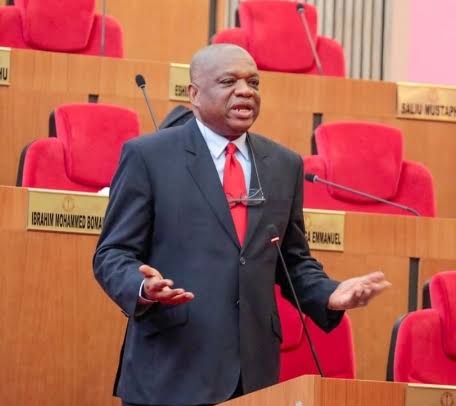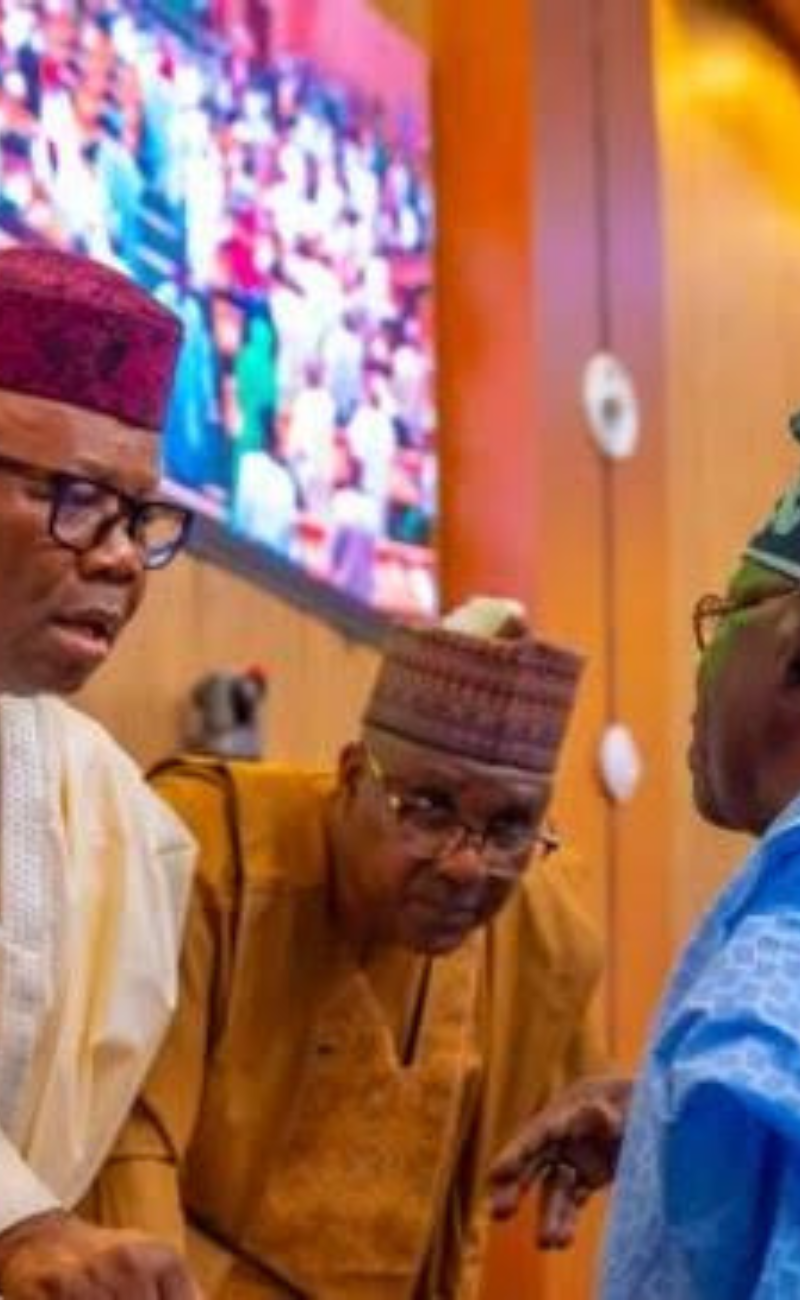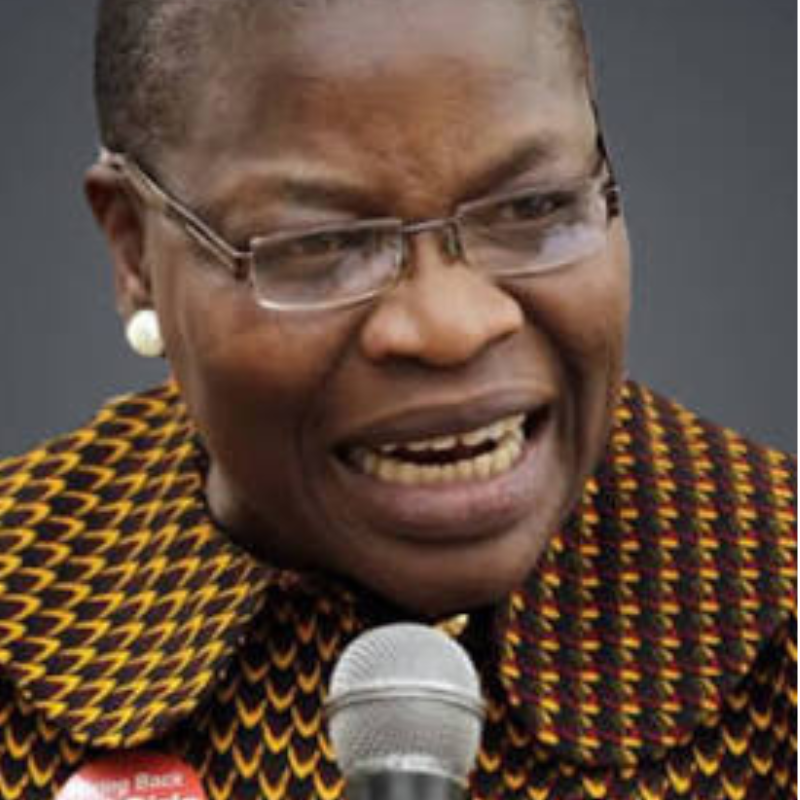In a significant move to overhaul the Nigeria’s clean energy transportation the senate passes second reading of electric vehicle transition bill

The Senate on Wednesday passed the second reading of the Electric Vehicle Transition and Green Mobility Bill, 2025, a landmark proposal aimed at positioning Nigeria as Africa’s hub for clean energy transportation.
Sponsored by Senator Orji Uzor Kalu (APC–Abia North), the Bill seeks to establish a national framework to promote the use of electric vehicles (EVs), boost local manufacturing, ensure environmental sustainability, and drive the country’s shift from fossil fuel dependency to green mobility.
Leading the debate, Senator Kalu said the proposed legislation would revolutionize Nigeria’s automobile and energy sectors by fostering innovation, job creation, and environmental protection.
“This bill will help Nigeria move from dependence on fossil fuels toward a cleaner and sustainable energy system. It will ensure that our local industries benefit directly from the emerging global electric vehicle market, create jobs, and reduce emissions in our cities,” Kalu stated.
The bill proposes several incentives — including tax holidays, import duty waivers, toll exemptions, and subsidies to encourage investors and consumers to embrace electric vehicles. It also mandates charging points in all fuel stations nationwide to facilitate seamless adoption.
A major highlight of the proposed law is its emphasis on local content compliance. It requires foreign automakers operating in Nigeria to partner with licensed local assemblers and establish assembly plants within three years of commencing operations. By 2030, they must also source at least 30 percent of their components locally.
Non-compliance attracts stiff penalties, including fines of up to ₦250 million per violation and possible suspension of operations. Unauthorized importers or dealers selling EVs without government approval risk ₦500 million fines per shipment and confiscation of goods.
“We are creating a system that protects Nigerian industries and ensures that technology transfer and innovation happen locally,” Kalu added.
To ensure proper oversight, the bill prohibits unauthorized research and development partnerships and channels all government grants and incentives for EV innovation through accredited Nigerian institutions.
Its implementation will be coordinated by the Federal Ministry of Industry, Trade, and Investment, in collaboration with relevant agencies — including the Standards Organisation of Nigeria (SON), Federal Ministries of Power, Transportation, and Environment, and the Federal Inland Revenue Service (FIRS).
These bodies will develop performance standards, manage tax incentives, integrate renewable energy into charging systems, and ensure compliance with Nigeria’s Paris Agreement commitments.
Lawmakers across party lines commended Senator Kalu’s foresight. Senator Adamu Aliero (Kebbi Central) described the transition as vital to reducing carbon emissions in major cities.
“The world is moving forward, and cities like Lagos and Kano are already suffering from high carbon emissions. Electric vehicles will drastically cut down pollution, improve public health, and create a new industrial ecosystem for Nigeria. Instead of exporting lithium, we should process and utilize it here to create jobs and diversify our economy,” Aliero said.
Senator Osita Ngwu (Enugu West) emphasized that clean mobility would help mitigate climate change impacts.
“Climate change is already affecting our communities and agricultural productivity. Embracing clean mobility is part of our national responsibility to future generations,” he noted.
Senator Titus Zam (APC–Benue) added that Nigeria must not lag behind global EV trends.
“From Europe to Asia and even several African countries, the electric vehicle revolution has already taken shape. Nigeria must not be left behind if we hope to remain competitive and relevant,” he said.
Clause 3 of the bill stipulates that Nigerian companies assembling EVs must have a minimum annual production capacity of 5,000 units, meet international safety standards, and demonstrate financial and technical competence. Private investors establishing charging stations will also qualify for government grants and tax credits.
“Our goal is to make Nigeria the hub of electric vehicle manufacturing in Africa, create jobs for our youth, and support our transition toward renewable energy,” Kalu reiterated.
After extensive deliberations, the bill was passed for second reading through a voice vote presided over by Senate President Godswill Akpabio, who hailed the initiative as a forward-looking contribution to Nigeria’s industrial transformation.
“This bill represents an important step toward sustainable industrial growth and environmental responsibility. Nigeria must prepare for the future of transportation and energy,” Akpabio said.
The bill has been referred to the Senate Committee on Industry for further legislative scrutiny and is expected to report back within four weeks.




